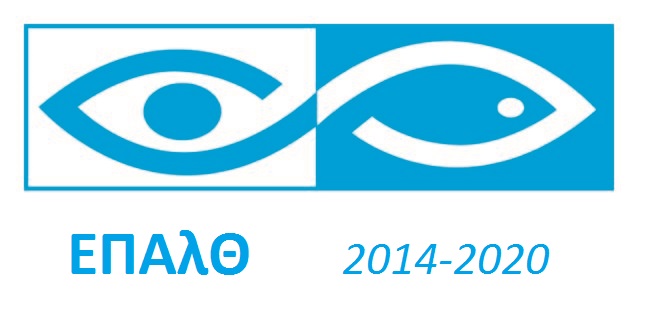GrowCod
Title: Impact of photoperiod and sexual maturation on growth performance of Atlantic cod – a genomic perspective.
Funding Source: EP Fisheries
Budget IMBBC: 12,000€
Start / End Date: 2009 - 2013
Web site URL: http://www.growcod.com/
Project Progress: 100%
Research Directions:
Functional and Comparative genomics
Description:
Production of cod in aquaculture has seen a notable increase since 2000 and it is poised to expand, as the consumer demand increases. Norway is the main cod producer worldwide but profitability of the industry is restricted by the reduction in growth associated with premature sexual maturation. This adds significantly to production time, resulting in major economic losses. In order to address this serious bottleneck we need to understand the molecular basis of muscle growth in cod but at the moment our knowledge in this area is very limited.The overall aim of this project to identify the networks of genes that regulate growth in cod and to investigate how they are influenced by light and sexual maturation. The first step is to obtain the tools required for this study by high throughput sequencing.This molecular toolbox of key genes involved in muscle growth, development and biological rhythms will be used to examine expression changes in response to light manipulation, to help us understand how it can have a direct influence on growth. We will also investigate mRNA and miRNA expression profiles during a whole maturation cycle, in order to identify genes involved in the growth impairment associated with maturation. Data from these large-scale gene expression studies will be integrated with muscle growth patterns at a cellular level. Circadian rhythmicity of the muscle transcriptome will also be determined in juvenile cod. The most promising candidate genes identified above will be further characterized. In particular, we will look at their expression in response to sex steroids, which are known to be present at high levels during maturation. Finally, we will examine the potential use of different light sources to control maturation in aquaculture conditions and their effect on expression of selected genes and muscle growth.In addition to the fundamental knowledge that it will generate, this project has potential applications in cod farming, since it may identify growth markers for selective breeding programmes as well as new target genes to minimise the negative impact of maturation on growth performance.

